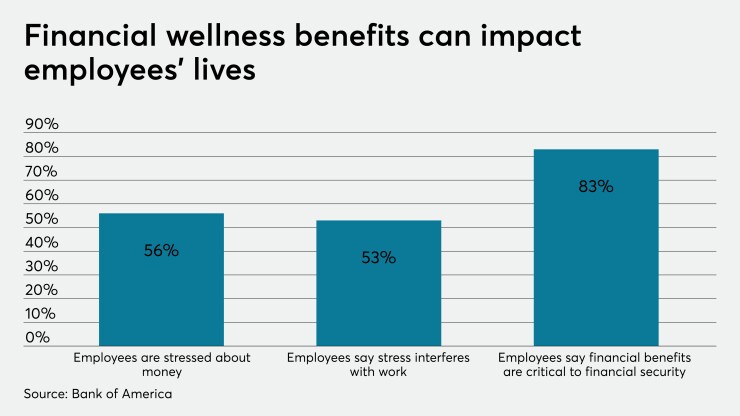Employees working in essential jobs are in a tough place during this pandemic. While grateful to be employed, they surely didn't sign up to be on the front lines of this crisis.
Recently, we've witnessed strikes at Instacart, Amazon, and Whole Foods over coronavirus health concerns. Their demands? More safety precautions and higher pay for those in jobs with higher potential for exposure to the virus.
Though employers may feel they're doing enough in terms of implementing safety precautions, and in some cases, are increasing wages, their employees need more. Workers need to know unequivocally that their employers have their back.
Employees providing services deemed essential must continue showing up to work, despite their fears about contracting the coronavirus. Like the rest of us, they have to process what's going on in the world right now. And, they may be doing this with reduced household income.
According to a recent survey by NPR, nearly 1 in 5 American households have lost work due to the coronavirus pandemic. While employees working in essential businesses might not face layoffs or suffer through reduced hours - their
In some cases, they may have lost their primary source of income. In others, they're losing more sporadic, yet still significant, contributions from friends and family.
How will low employee morale exacerbated by a loss of income in their household affect bottom lines 6 months from now?
Employers need to be proactive in addressing employee needs as they rapidly evolve during the current crisis. They must take into account the fast-changing landscape of the American workforce and do what they can to reassure their employees that they care.
Invest in your people. Show them you care in more ways than one. Show them you care not only about their physical health and safety but their financial health, too.
Financial wellness programs give employees peace of mind that they're taken care of, and you have their proverbial back. And, they help their families feel safe and supported, too.
Increased financial security from financial wellness programs benefits everyone in an employee's household. Approximately 20% of your workforce is reeling from a significant drop in household income wrought by the current environment. Such employees can use a financial wellness program to help them re-orient their budgets and get funds to bridge the temporary gap in their household income.
Unfortunately, those who need help the most often don't have the credit scores required to get it. At






